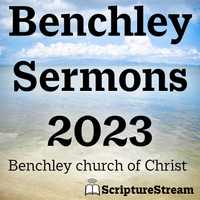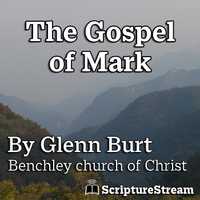Third preaching journey (Acts 18:23-21:17), continued:
Asia, Macedonia, and Achaia (Acts 20:1-16), continued:
- There has been some debate about exactly when Paul partook of the Lord’s Supper due to questions around whether Luke was using Jewish timekeeping (a day is sunset to sunset) or Roman timekeeping (a day goes from midnight to midnight). From the context, it is clear that the only way this passage makes sense is for Paul to have taken the Lord’s Supper on a Sunday, then preached and talked to them overnight before departing on Monday.
Farewell to the Ephesian elders (Acts 20:17-38)
- Acts 20:25 – See Acts 9:15-16. Paul knew he was about to suffer and was offering his farewells.
- Acts 20:28 – Compare I Peter 5:1-2. Together, these passages show that elders, bishops, overseers, pastors, shepherds, and presbyters are all the same office or position in the local church.
- Acts 20:35 – We don’t have other records of Jesus saying, “It is more blessed to give than to receive.” The help referred to here could be either physical or spiritual.
End: Jerusalem (Acts 21:1-17)
- Acts 21:4 – Did Paul disobey by going to Jerusalem? That seems unlikely. It’s possible that the disciples themselves were concluding that Paul shouldn’t go to Jerusalem because of the prophecies of what would happen to him there.


